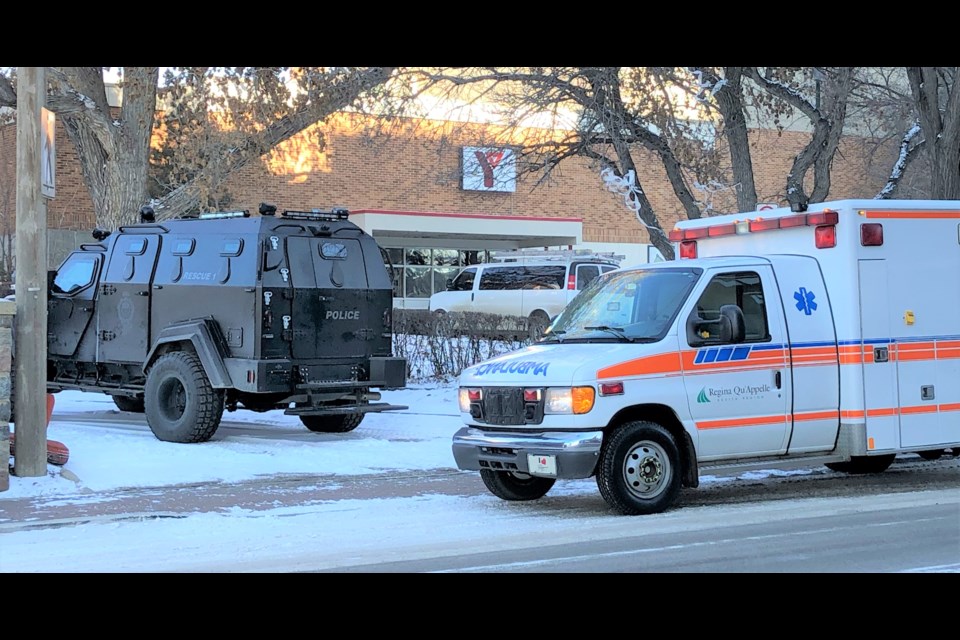Residents who watch American police shows likely have a skewed understanding of how law enforcement works since the Canadian and American models are so different, says Moose Jaw’s police chief.
Since Britain was one of the founding countries of Canada and had such an influential effect, Canada adopted the British policing system of 1829, explained police Chief Rick Bourassa. The United Kingdom’s policies purposely and intentionally stayed away from a military model. In fact, officers there couldn’t even wear shiny buttons and had to dress similarly to everyone else.
Today, Canada’s police agencies follow a model where they operate with the consent of the community and have strong civilian oversight.
“The American model is really the military. It’s ... a top-down driven model that they follow … . That leads to all sorts of issues that they’re having there in terms of being seen as an occupying force, (while) they tend to think of themselves as (being) at war,” said Bourassa during the Moose Jaw Board of Police Commissioners’ December meeting.
“We’re not at war. We’re guardians in Canada. In the States, they see themselves a bit more as warriors.”
Canada uses a civilian-driven police-oversight process to ensure the police are doing what citizens want and that officers are guardians of communities, Bourassa added.
Even the language in the media in both countries to describe police is slightly different, said Supt. Rick McKenna. In articles in Canada, reporters usually use “peace officer,” while in the United States, it’s “law enforcement officer.”
“So they’re all about enforcement, enforcement, enforcement, while we’re all about peace,” he added. “To me, that’s the difference.”
That explains much about policing, especially since officers in Britain don’t carry firearms, noted Mayor Fraser Tolmie. They also focus on positive policing, where officers talk to people regularly in the community, especially with children.
In the United States, many law enforcement positions are also elected instead of appointed, McKenna said. This includes the district attornies and sheriffs.
“That’s why policing in Canada is always separated from politics,” said Bourassa. “That’s why boards are so important. When people are elected — we see it sometimes in the States — they will do things to get re-elected that might not be (appropriate).”
The Board of Police Commissioners next meets on Tuesday, Jan. 14.




